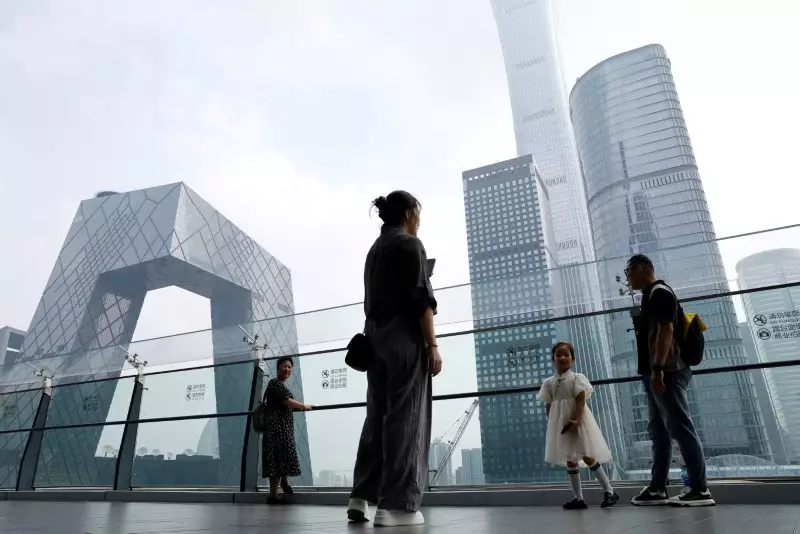China is facing a series of economic challenges that are putting pressure on policymakers to take drastic actions. Recent data shows that the world’s second-largest economy is struggling to maintain growth, with new home prices falling at the fastest pace in nine years, industrial output slowing down, export and investment growth declining, and unemployment on the rise. While some data points have surpassed expectations, they are not indicative of positive trends. Rising inflation is primarily attributed to bad weather, increased imports are driven by frontloaded chip purchases before anticipated U.S. technology restrictions, and a bump in retail sales is mostly due to low comparisons in 2023. This worrying economic picture is pushing policymakers to consider ramping up stimulus measures to prevent a downward spiral in consumer and business confidence.
Economists and policy advisers are urging the Chinese government to take immediate and significant policy interventions to address the current economic challenges. Suggestions include widening the budget deficit to 4% of GDP from the planned 3% and potentially bringing forward part of next year’s bond issuance quota to stimulate growth. Failing to take these steps could result in the economy falling short of the target growth rate of 5%, leading to further economic turmoil. Last year, China took similar measures by increasing the deficit to 3.8% of GDP and frontloading part of the 2024 local government debt quotas for infrastructure development. However, there is a growing consensus that traditional infrastructure spending might not yield the desired results and that more emphasis should be placed on supporting domestic demand.
As consumer spending slows down, Chinese e-commerce companies are resorting to heavy discounting to attract customers, putting pressure on retail sector margins. In response, policymakers are considering additional consumer stimulus measures to boost spending. An idea proposed by state media suggests providing direct support to consumers in the form of cash or vouchers worth at least 1 trillion yuan ($139 billion). This amount is equivalent to 0.8% of last year’s GDP and could potentially help stimulate consumer demand. While some economists are doubtful that Beijing will implement such measures, there is growing recognition that supporting consumer spending is crucial for economic recovery.
Despite the challenges facing the Chinese economy, there is optimism that targeted policy interventions can help steer the country towards recovery. By focusing on supporting domestic demand, implementing consumer stimulus measures, and making necessary adjustments to fiscal policies, China can mitigate the impact of the current economic slowdown. It is essential for policymakers to act swiftly and decisively to prevent further deterioration of economic indicators and restore confidence in the economy.
China’s economic woes are a clear indication of the need for urgent policy intervention. By adopting proactive measures to address the underlying issues, China can pave the way for sustainable economic growth and stability in the long run.

